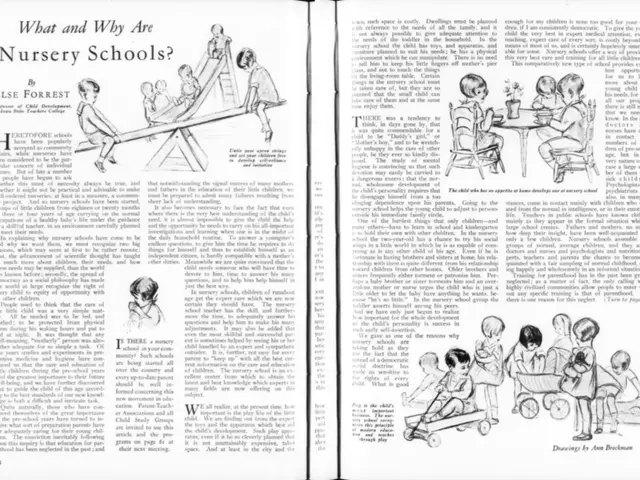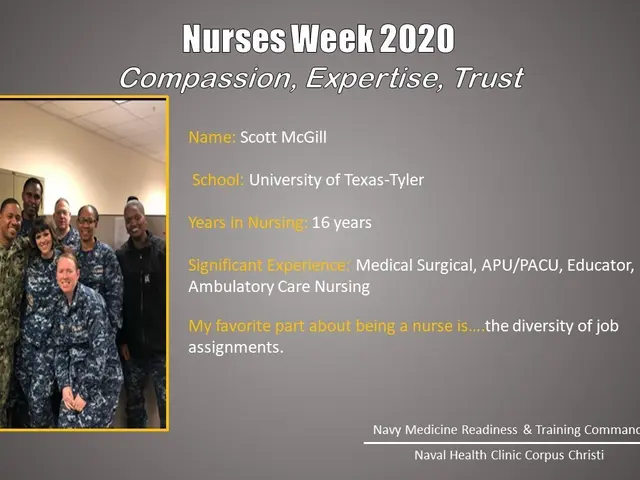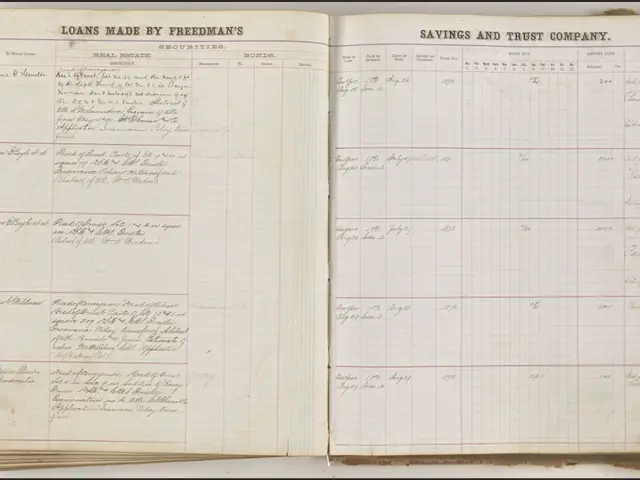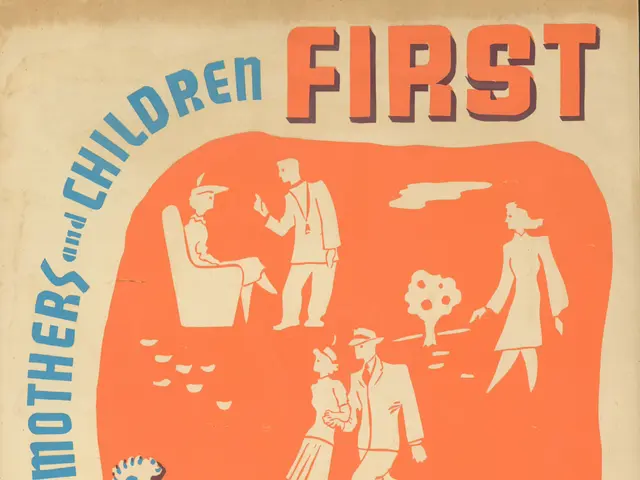Exploring tranquility in the face of death: Uncovering the benefits of psychedelics for managing terminal illness-related anxiety
Psychedelic Therapy Transforms End-of-Life Care
A new wave of research is exploring the potential of psychedelic-assisted therapy as a revolutionary approach to palliative care for those facing terminal illnesses. Programs and clinical trials worldwide are investigating the use of substances like ketamine and psilocybin to alleviate psychospiritual distress, such as anxiety, despair, and existential suffering, which conventional treatments often struggle to address.
One pioneer in this field is Lou Lukas, a palliative medicine teacher at the University of Nebraska Medical School. Lukas is currently conducting a trial of a psilocybin protocol for people with pancreas cancer, aiming to transform life after a terminal diagnosis.
Lukas emphasizes the importance of initiating conversations about making meaning out of life, especially with terminally ill patients. He believes that psychedelics have the potential to help patients realize the beauty and magnificence of life when there's not much of it left, fostering a sense of intimacy and appreciation for life that can be passed down from generation to generation.
During the trial, participants undergo six to eight hours of preparatory counseling, a day-long dosing session, and several sessions of integration afterwards. The effects of psilocybin are felt immediately after the dosing session is finished, with many patients expressing feelings of amazement and a sense of being in the presence of love.
The University of Rochester Medical Center (URMC) launched the first U.S. ketamine-assisted psychotherapy program for palliative care in June 2023, showing early success in reducing fear and psychological distress in patients with serious illnesses such as advanced cancer and neurological diseases. This program integrates guided psychedelic experiences with psychotherapy to help patients find meaning and peace.
In Europe, a large multi-site clinical trial called PsyPal began enrolling patients with palliative care needs from conditions like COPD, multiple sclerosis, ALS, and atypical Parkinsonian disorders in 2025. This trial aims to improve connection, meaning, and peace for over 100 patients across several countries.
Canada's Psyence BioMed is advancing clinical trials on natural psychedelic therapies targeting serious mental health challenges, including cancer-related psychological symptoms. With recent protocol expansions, the aim is to increase impact and patient access.
UCLA is conducting a phase 2 randomized controlled trial studying psilocybin therapy for demoralization in adults near the end of life (with life expectancy under 2 years) to evaluate safety and efficacy. This reflects growing research interest in psilocybin’s therapeutic role in palliative care.
As these trials progress, the potential for psychedelic therapies to support patients’ spiritual and existential well-being is becoming increasingly recognized. Ongoing and upcoming clinical trials over the next few years are expected to clarify optimal protocols, safety, and long-term benefits, positioning psychedelic-assisted therapy as an important complement to conventional palliative care practices.
While most people diagnosed with pancreas cancer have a couple of months to live, some might live a year or a year and a half. Lukas proposes the idea of periodic psychedelic experiences as a form of ritual bath or mikvah, a time for self-reflection and connection with the universe. He encourages palliative doctors to initiate conversations about making meaning out of life with terminally ill patients and advocates for more physicians who feel called to edge-walking, bridging the gap between the medical and psycho-spiritual worlds.
The current progress reflects an emerging paradigm shift where psychedelic-assisted therapy is gaining acceptance as a promising, meaning-centered option to alleviate severe psychological and spiritual suffering in terminally ill patients. While still in experimental and early clinical stages, the potential for these therapies includes profound relief from anxiety, depression, existential distress, and improved quality of life, which traditional approaches often do not fully achieve.
Read also:
- United Kingdom Christians Voice Opposition to Assisted Dying Legislation
- Democrats are subtly dismantling the Affordable Care Act. Here's the breakdown
- Diagnosing Male Fertility Issues: A Guide to Understanding Male Fertility Evaluations
- Questioning vaping's safety when it comes to essential oils: Examining potential hazards and adverse effects








